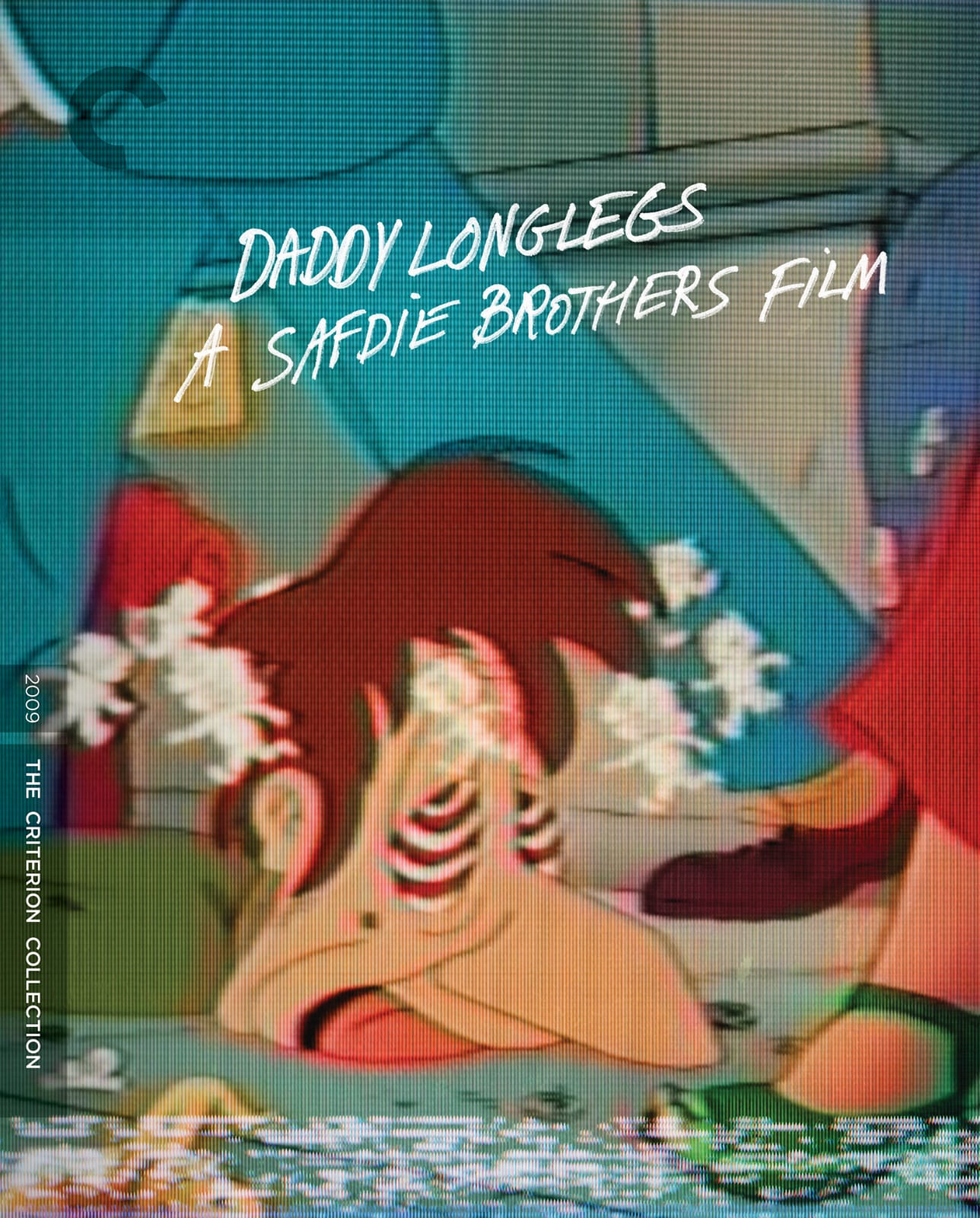Review—Daddy Longlegs (Criterion, blu-ray)
Author: Palo Sionoplia
The breakthrough success of Uncut Gems has created a surge of interest in the Safdie brothers’ back catalog—and rightly so. As the duo began releasing feature films in 2008—while still in their early twenties—there are five films in the Safdie filmography that predate the Adam Sandler vehicle that put the brothers on the international map. Ready to meet the new demand for Safdie films, Criterion has released their second feature, Daddy Longlegs, alongside a healthy collection of supplemental material.
Fans of Uncut Gems will immediately see the commonality between that film and this earlier effort. Both films depict the adventures of a well-meaning but utterly dysfunctional father, a character who is always ten seconds away from a self-made crisis and/or a nervous breakdown. Featuring a starring performance from Ronald Bronstein (co-writer of Uncut Gem’s screenplay), the thematic thread between Gems and Daddy Longlegs is unmistakable. That is not to say that the Safdie brothers have been treading water; on the contrary, the similarities only reinforce the ways in which lost and lonely urbanites, fueled by their frenetic environment, sometimes pave their own roads towards self-destruction.
Bronstein plays Lenny, a divorced dad who receives custody of his two young boys for two weeks each year. The film focuses on that two-week period, and, without providing spoilers, everything goes terribly wrong. Throughout the film, the viewer is caught between defending and condemning Lenny’s disastrous impulses. It is to the Safdies’ (and Bronstein’s) credit that we are able to feel sympathy for a man who is so ill-equipped to cope with even the most basic elements of fatherhood.
Daddy Longlegs is a low-budget affair; shot on 16mm and replete with the use of “shaky camera” that will remind the viewer of the Dogme 95 aesthetic, this is not a demo disc for your system. That said, the film is better off for it its low-fi trappings, as the narrative is served well by the impression that we are watching a tragicomic home movie. Similarly, the audio will not knock anyone’s socks off, though it serves the film’s purposes admirably well.
As one would expect, Criterion includes a robust package of bonus material that is worth your time. The contents are as follows:
Family Affair: Sage, Frey, Leah and Lee (25 minutes): This piece focus on the young stars of the films and also includes compelling interviewers with their parents.
The Universe is Out There: Josh and Benny Safdie (55 minutes): The longest bonus feature of the bunch, this documentary provides an extensive overview of the ideas that drive a Safdie brothers film. The best bit are musings of the Safdies’ father Alberto, as these moments demonstrate that Daddy Longlegs is more than a little autobiographical.
Supervised Visit: (one minute, thirty seconds): A brief selection of test footage regarding Bronstein and the two real-life brothers who play his children in the film.
Deleted Scenes (16 minutes): While I found these to be largely underwhelming, I am glad that Criterion included them. These scenes demonstrate the Safdies’ skilled use of pacing. That is to say, they knew what to cut.
Second Stop from Jupiter (12 minutes): A short film that focuses on the filming of Daddy Longlegs (with particular emphasis on the child actors).
CNN Breaking: Benny Safdie Boards a Plane to Portugal (30 seconds): A brief teaser for Daddy Longlegs
Why? [This Movie Exists]: Benny Safdie takes to the streets of New York wearing a promotional billboard for Daddy Longlegs.
There’s Nothing You Can Do (4 minutes): a short fictional film that features a man losing his temper on an NYC bus.
Talk Show (10 minutes, 30 seconds): This piece addresses the Safdies’ relationship with Red Bucket Films, a loose-knit artist collective in New York.
A theatrical trailer (2 minutes) is also included.
Daddy Longlegs reveals that the Safdies were in control of their creative powers during their earliest endeavors. Their shared vision was as clear in 2009 as it has become in the present. Fans of Uncut Gems will not be disappointed, and the film also makes an excellent starting place for those who’d like to dip into the Safdies’ body of work.

